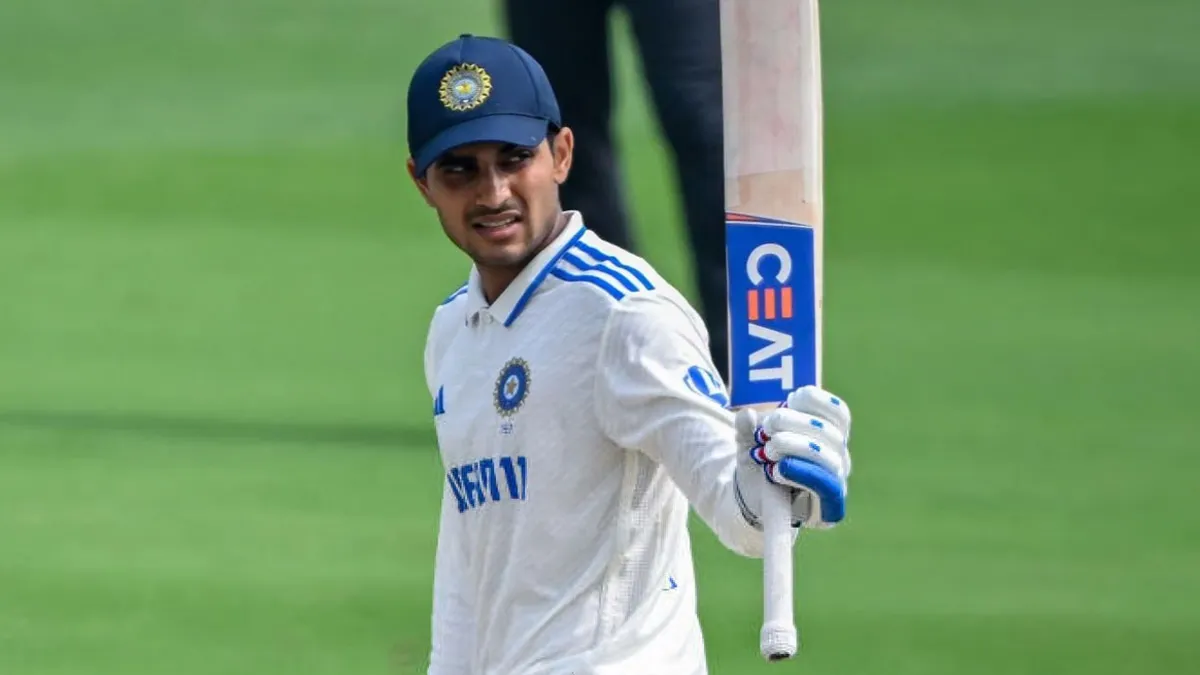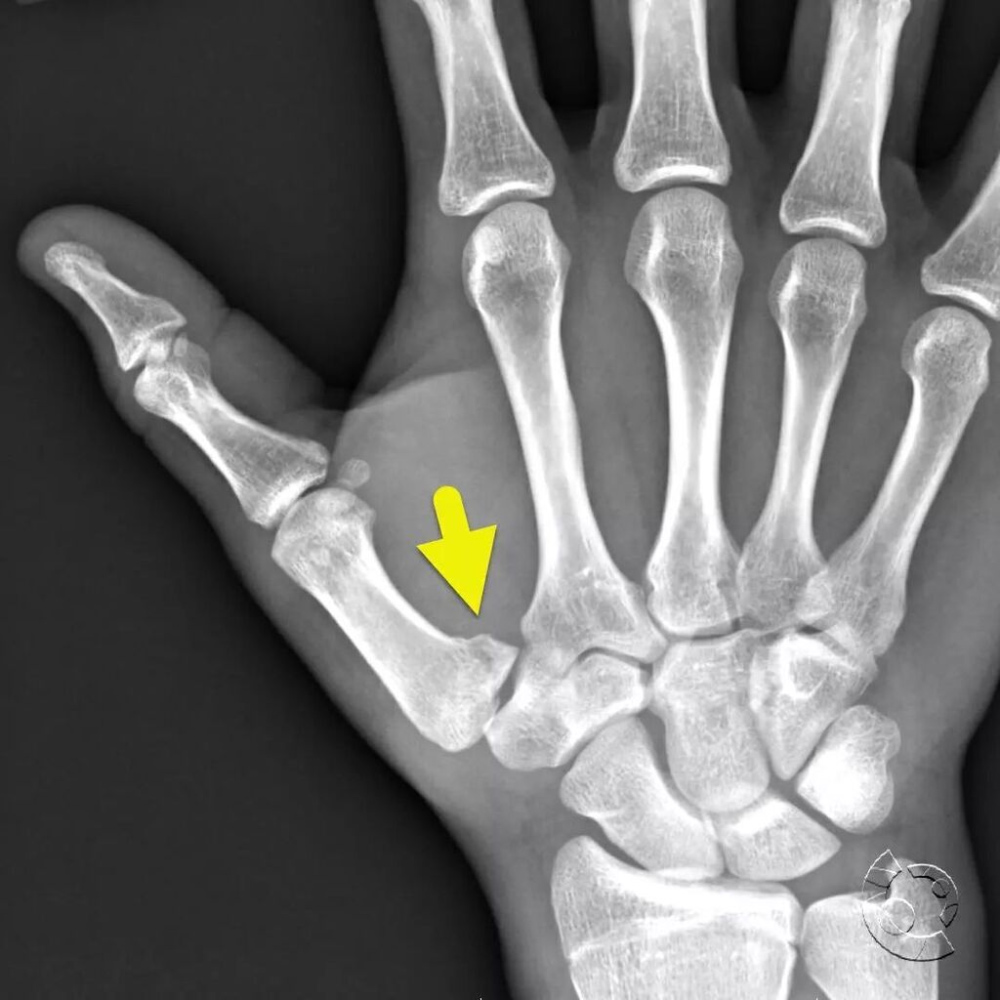
Shubman Gill, the promising top-order batsman for India, has been ruled out of the upcoming first Test of the Border-Gavaskar Trophy in Perth after suffering a fractured thumb. This unfortunate injury occurred during a match simulation session in Perth over the weekend. As Gill faces a significant recovery period, here’s a deeper look at the implications of his injury, the recovery process, and key facts about thumb fractures.
Table of Content:-
Gill's Injury and Its Impact on the Team
The thumb fracture was confirmed after a scan revealed the extent of the damage. According to a source within the Board of Control for Cricket in India (BCCI), Gill's injury will require at least two weeks to heal, which will keep him out of the first Test match scheduled to begin next Friday. However, there is hope that he will recover in time for the second Test, as there is a substantial gap between the two matches.
Gill’s absence is a significant blow to India’s batting line-up. The team may also face a reshuffle in the order, with key players like Test captain Rohit Sharma potentially missing the match due to the birth of his second child. In Gill’s place, KL Rahul, who was recently dropped from the team, is expected to take the field. Additionally, wicketkeeper-batsman Dhruv Jurel, who has been in good form, might also be called up to the squad.
View this post on Instagram
Understanding Thumb Fractures
A fractured thumb can significantly affect a player's ability to perform, especially in a sport like cricket where grip and hand dexterity are crucial. The injury can occur in various ways, from falling on the thumb to excessive twisting or overstretching. A break in the thumb typically involves one or both of the thumb’s two bones: the distal phalange (tip of the thumb) and the proximal phalange (closer to the hand). As per Dr Seema Yadav, MD Physician, Care Institute of Life Sciences, Lucknow, thumb fractures may result in several noticeable symptoms, including:
Also Read: Delhi Slumps Under Poor Air Quality; Schools Shift Online Amid Health Crisis
- Intense pain and difficulty moving the thumb
- Swelling and tenderness
- A visibly misshapen thumb
- Tingling or numbness in the thumb
- Coldness to the touch, indicating potential blood flow issues
If these symptoms occur, it’s vital to seek medical attention promptly to prevent further complications.

Thumb Fracture vs. Sprain
A common mistake is confusing a thumb fracture with a sprain. While both injuries cause significant pain, they differ in terms of the affected tissues. A sprain involves stretching or tearing the ligaments in the thumb joint without breaking the bone. Symptoms of a sprain can include bruising, instability in the joint, and difficulty gripping objects. Severe sprains may even require surgery, as they can mimic the severity of a fracture.
Also Read: Malaika Arora Shared Her November To-Do List, Focused On Her Health And Fitness
On the other hand, a fracture involves the breaking of the bone, and the treatment required often depends on the location and severity of the break.
Treatment and Recovery
The treatment for a thumb fracture can vary significantly. For minor fractures, a doctor might opt for a splint or cast to hold the thumb in place while it heals. In more severe cases, surgery may be required to realign the bones and stabilise the joint using pins, plates, or screws.
The recovery period for a broken thumb typically ranges from 4 to 6 weeks, during which time the patient may need to wear a cast or brace. Following the removal of the cast, physical therapy is often recommended to restore strength and mobility in the thumb. This process can take several months, as full function is often not regained until about three months after the injury. It’s important to follow the doctor’s instructions carefully to ensure proper healing. Failure to properly treat a thumb fracture could result in long-term complications, including arthritis, chronic pain, and limited movement in the thumb.
Bottomline
Shubman Gill’s thumb injury is a significant setback for both the player and the Indian cricket team. As he focuses on recovery, it is crucial to understand the complexities of thumb fractures, from symptoms and treatment to long-term recovery. For athletes like Gill, proper medical care and rehabilitation are key to making a successful return to the field.
Also watch this video
How we keep this article up to date:
We work with experts and keep a close eye on the latest in health and wellness. Whenever there is a new research or helpful information, we update our articles with accurate and useful advice.
Current Version
